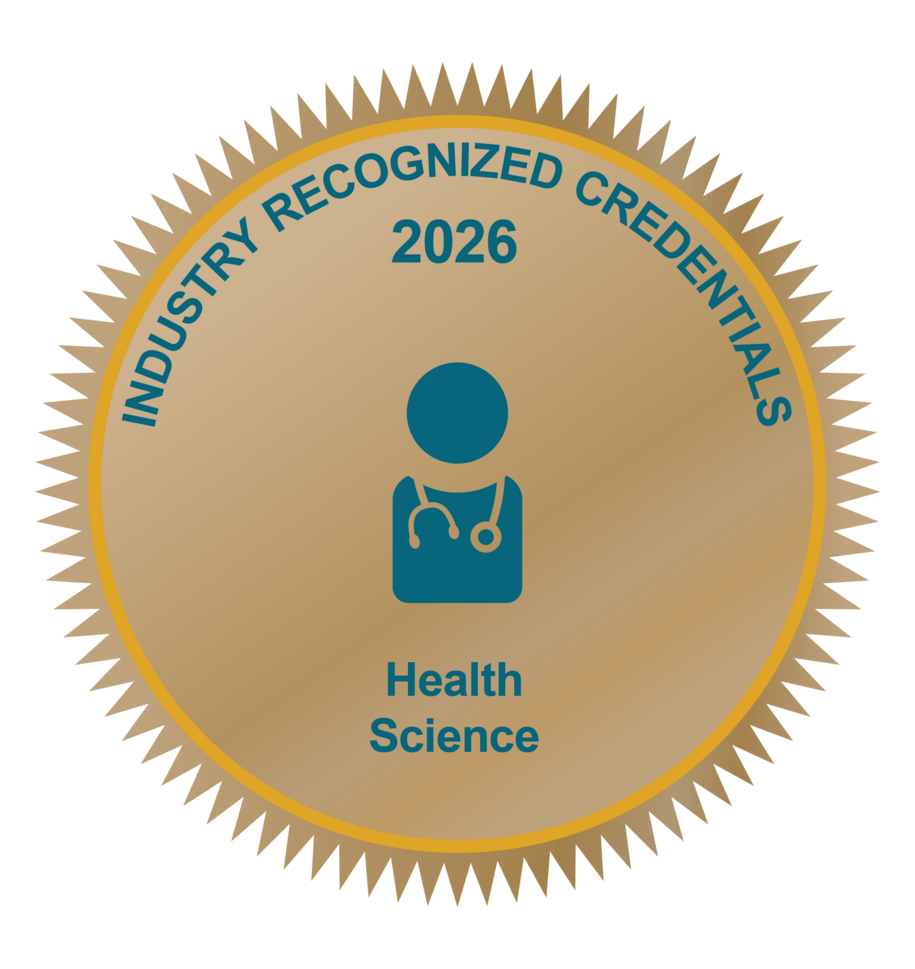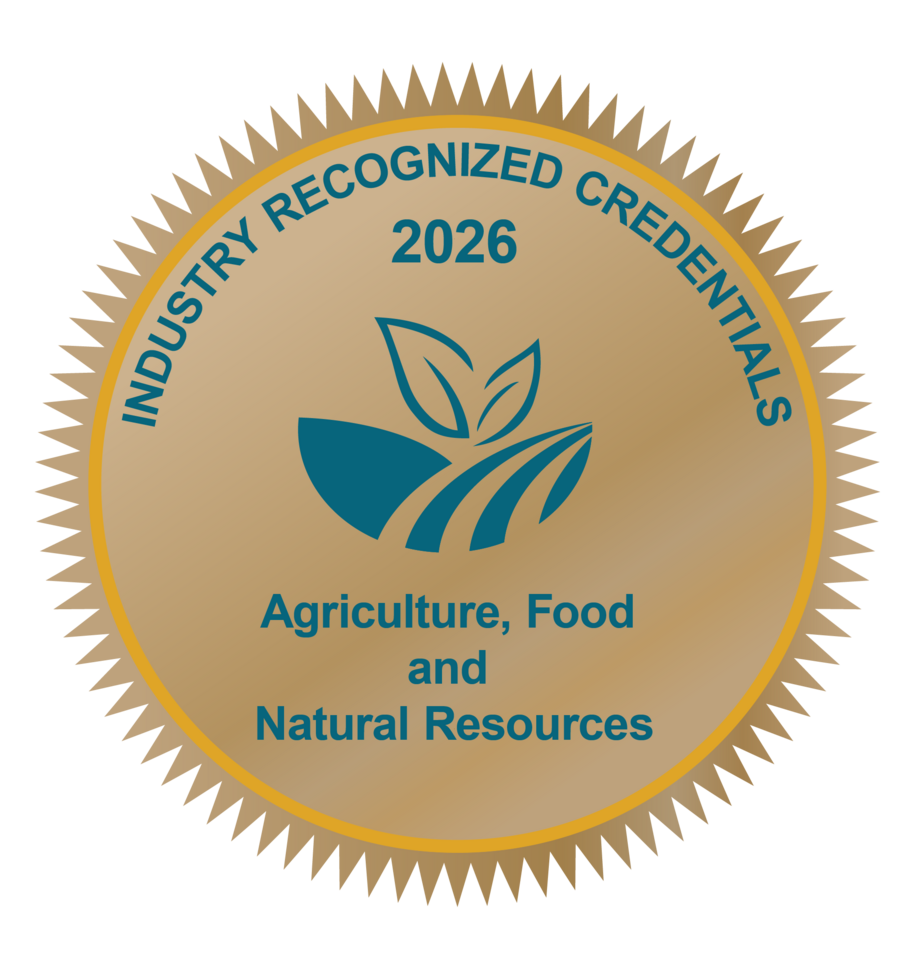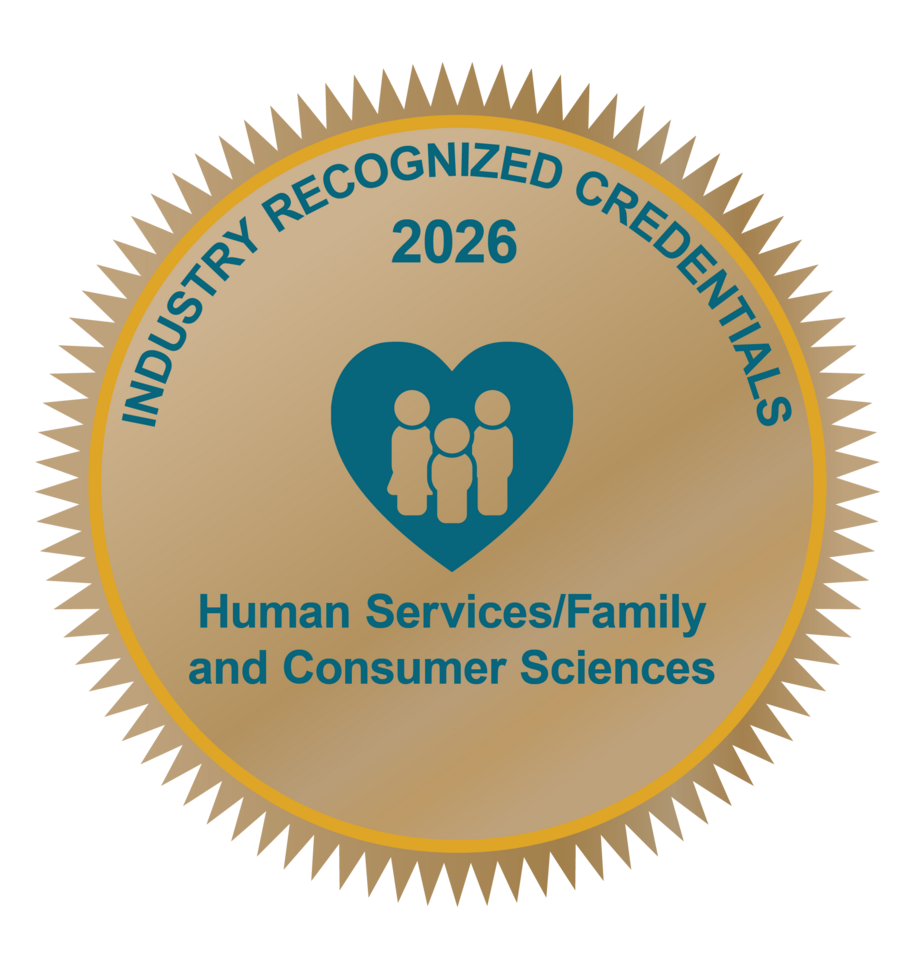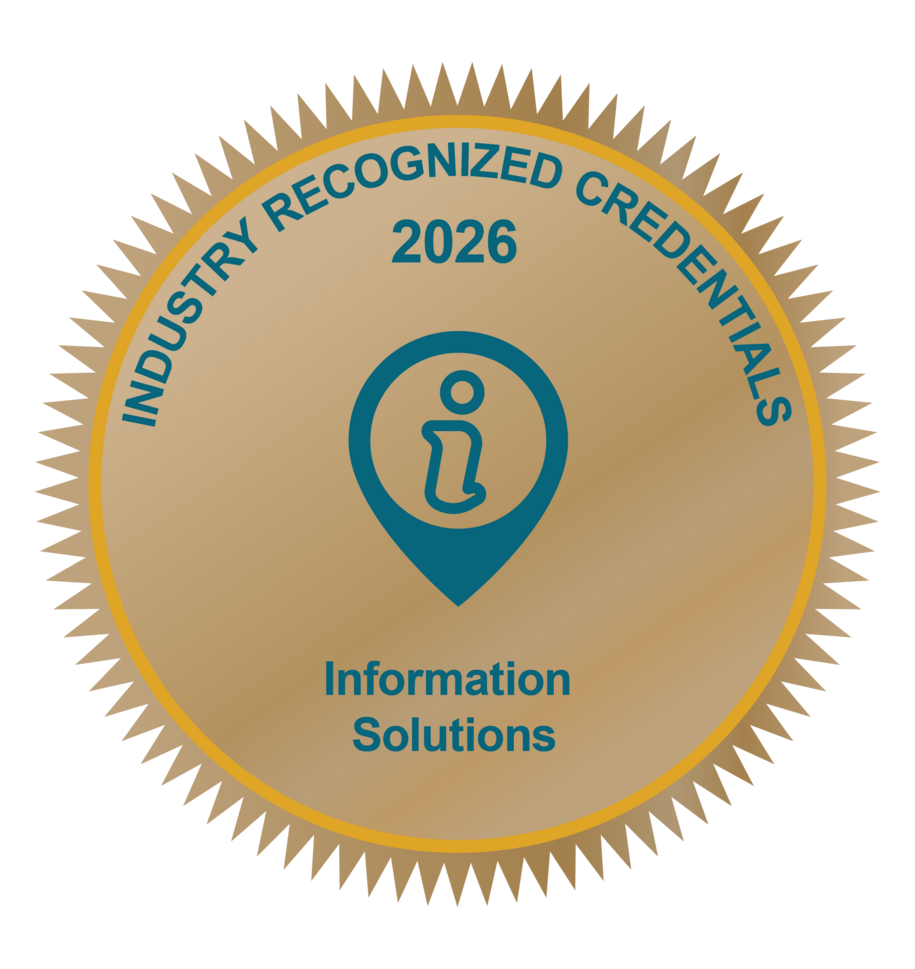On this page...
Credentials are important milestones for many individual career pathways. Both at the secondary and postsecondary levels, students should have the opportunity to earn education- and work-related credentials that verify skill mastery, educational attainment and the ability to perform a task or operation. Credentials are also valuable to employers, allowing them to determine the skill or education level of job applicants without having to perform an assessment for each one.
According to the U.S. Department of Labor (2010), an education- and work-related credential can be defined as a verification of an individual’s qualification or competence issued by a third party with the relevant authority to issue such credentials. Credentials include educational certificates, degrees, certifications and government-issued licenses.
Back to topDefinition
An industry-recognized credential (IRC) is a certification that has been widely acknowledged as holding value within a specific industry or field. Recipients of such credentials have demonstrated that they possess the knowledge, skills and competencies required to perform specific tasks or roles within that industry. IRCs are awarded by certifying bodies, trade associations or professional organizations that have established standards for proficiency and knowledge within that domain. Designed as a validation of an individual’s expertise, IRCs serve as a trusted benchmark for employers and stakeholders.
Back to topPurpose
By earning an IRC, individuals enhance their employability and professional credibility as well as their career advancement prospects. IRCs are developed in close collaboration with industry experts to ensure outcomes align with current and future job market needs. In offering IRCs, districts effectively equip students with specific in-demand knowledge and skills employers are seeking. Alignment of IRCs to district Career and Technical Education (CTE) pathways allows students to explore diverse career paths while gaining exposure to different industries and real-world skills and experiences that may help shape their career trajectories. IRCs can also foster stronger partnerships between districts and local businesses, community organizations, and post-secondary education organizations. These partnerships may help develop or strengthen increased collaboration in areas such as work-based learning opportunities for students.
Back to topApproved Industry-Recognized Credentials List
The Approved IRCs List is designed to provide districts a starting point to identify relevant high-quality IRCs in alignment with each CTE content area. New certifications can be added through the formal application process and certifications no longer of value can be removed.
2025-26 Approved IRC List (574.24 KB) .pdf - Use this list for 2025-26 SRI reporting.
CTE Alignment
IRCs help define structured program pathways for students and families. Many IRCs are stackable, meaning they can be accumulated and built upon over time. Students earning entry-level credentials may pursue additional related credentials as they progress through programs. In addition, certain IRCs have established pathways for college credit or articulation agreements with higher education institutions.
There are a number of credentials available that align with Iowa’s six CTE content areas. The Approved IRCs List provides teachers and administrators with suggested credentials most beneficial for Iowa students enrolled in CTE programs transitioning to postsecondary education/training or entering the workforce directly from high school.
Perkins funds can be used to pay for the cost of student assessments that lead to a credential or certificate.
Back to topIRC Request Form
Districts or community colleges seeking to add an industry-recognized credential may submit requests each spring. Credentials not demonstrated to be industry-recognized, current, valuable and supported by Iowa industry will not be considered. Credentials should meet all high-quality characteristics as outlined above and have the support of at least five Iowa businesses. While a credential does not guarantee employment, this list will provide support of high-quality credentials that can assist Iowans seeking employment with providing evidence of knowledge and skills relevant to the industry.
The submission form to add Industry-Recognized Credentials (IRCs) to the secondary state approved list for the 2026-2027 academic yearis now open. The deadline to fill out this request form is Friday, February 27, 2026.
Back to topIRC Grant Opportunities
Back to topIRC Grant Claim Submission
IRC Claim Submission Instructions - Recorded 1-8-26. Instructions to complete the IRC claim template, embed invoices into the claim template, create and complete an IRC claim in Iowa Grants, and upload documentation into Iowa Grants to submit an IRC claim.
Back to topIRC Seal Guidelines and Downloads
Industry-Recognized Credentials Seal Guidelines (164.38 KB) .pdf
Health Science

Download the 2026 Health Science Industry-Recognized Credentials Seal
Agriculture, Food and Natural Resources

Download the 2026 Agriculture, Food and Natural Resources Industry-Recognized Credentials Seal
Applied Science, Technology, Engineering and Manufacturing

2026 Applied Science, Technology, Engineering and Manufacturing Industry-Recognized Credentials Seal
Human Services/Family and Consumer Sciences

2026 Human Services/Family and Consumer Sciences Industry-Recognized Credentials Seal
Business, Finance, Marketing and Management

2026 Business, Finance, Marketing and Management Industry-Recognized Credentials Seal
Information Solutions

2026 Information Solutions Industry-Recognized Credentials Seal
Back to top